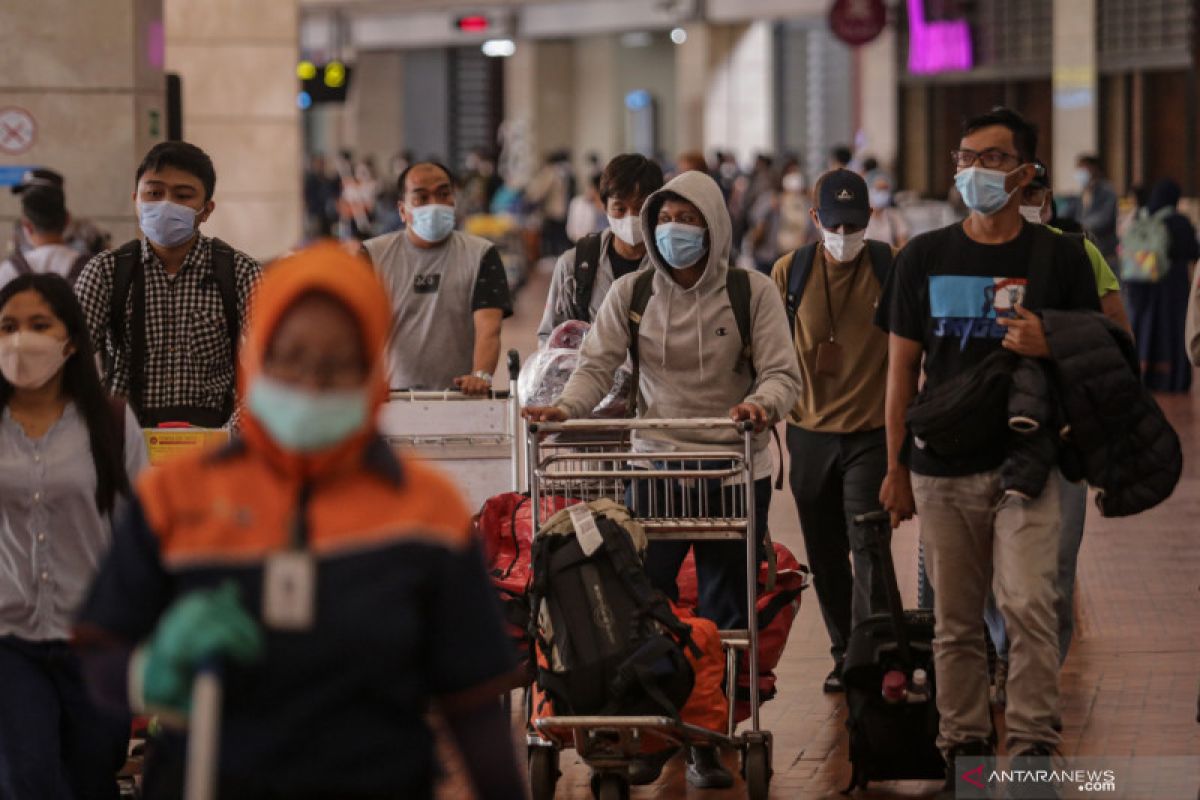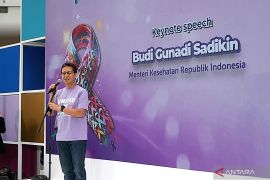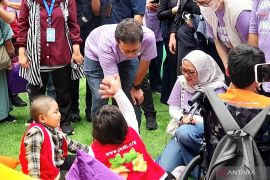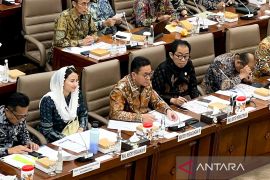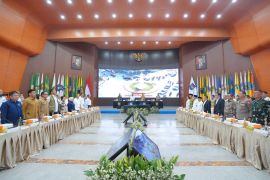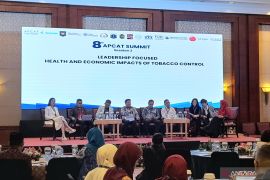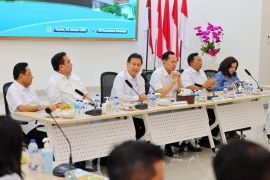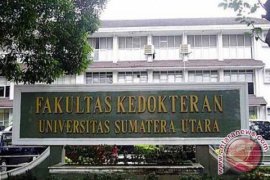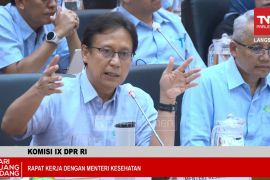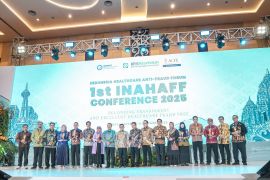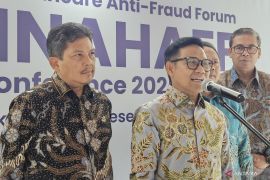"The Health Ministry has consistently implemented four strategies for handling Omicron. The first is strengthening health protocols, the next is surveillance, then vaccination, and also improving care services," Sadikin noted at a press conference on the COVID-19 response broadcast through the Presidential Secretariat's YouTube channel here on Monday.
The minister underscored the importance of applying health protocols by wearing masks, washing hands, and maintaining a distance (called 3M) to prevent transmission of the corona virus, including the Omicron variant.
The minister reminded citizens to use the PeduliLindung application, which is a digital app developed to support the tracking of COVID-19 transmission.
"The community needs to be disciplined in using PeduliLindung. I see there are still many people, who do not wear masks when they enter the restaurant. It is the duty of the officer to remind them. Why? Since this (mask) helps us to screen for potential transmission," he remarked.
Sadikin appealed to residents to not travel abroad if there were no urgent activities, as transmission of the Omicron variant originated from abroad.
"We saw many people, who returned (from overseas), were affected (by the variant). Hence, protect yourself by not going abroad," he stated.
Related news: Indonesia enforces new regulations for international travelers
The minister stated that the government was tightening travel rules and quarantine provisions for travelers from abroad to minimize the risk of Omicron transmission, as 98 percent of the Omicron infection cases in Indonesia originated from overseas travelers.
"If you think this rule is difficult and only applies to tens of thousands of people who go abroad, then we have to think that this rule protects another 272 million people, who are now in a good condition," he affirmed.
Apart from enforcing health protocols and tightening travel rules, the government is also monitoring cases by conducting inspections, tracking, and handling cases of corona virus infection.
Sadikin also explained that the ministry applied inspection technology using the RT-PCR method to identify the S-gene target failure (SGTF) phenomenon for detecting Omicron transmission. The RT-PCR test takes four to six hours while genome sequencing takes three to five days.
Related news: RT-PCR crucial as precautionary measure against imported cases
The minister noted that the examination process using the RT-PCR method could detect Omicron infection faster than that using the genome sequencing method.
"We have distributed (RT-PCR inspection tools) to all major foreign entry points," he stated.
The government will also bring 15 examination kits using the genome sequencing method to all islands, including Sumatra, Kalimantan, Sulawesi, Maluku, and Papua.
"(This tool) aims to speed up genome sequencing tests and also to strengthen the network and not only in Java," he remarked.
In the meantime, the minister also noted that the government continues to accelerate COVID-19 vaccinations for people at risk, such as the elderly and people with impaired immunity.
"We have to speed up vaccination, so they do not get infected by the Omicron variant," he stated.
Sadikin noted that in order to support the handling of COVID-19 sufferers, the Health Ministry had installed over 16 thousand oxygen generators and 31 oxygen concentrators at healthcare facilities.
Related news: National COVID-19 vaccination rate meets WHO's target: Minister
Translator: Katriana
Editor: Suharto
Copyright © ANTARA 2021
